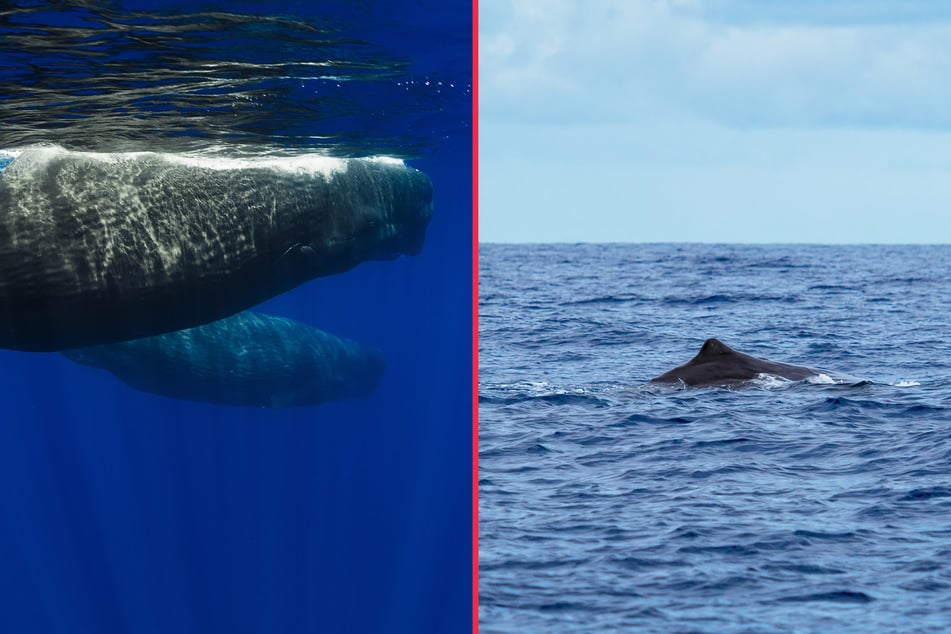Endangered sperm whale killed by ship collision in Strait of Gibraltar
Strait of Gibraltar - A massive male sperm whale was killed when it collided with a vessel in the Strait of Gibraltar on Friday. It is the fifth collision-based whale death recorded in the region over the last decade.

The endangered whale was nicknamed "Julio" by scientists who have been monitoring the Strait of Gibraltar over the last decade.
His death is seen as another example of why stricter rules should be implemented.
"It was horrible – there was a lot of blood in the water," whale researcher Dr Renaud de Stephanis was cited by the BBC as saying after researchers reached the site of the collision.
Dr de Stephanis has been calling for ferries and other vessels, including large container ships, to have marine mammal observers on board to reduce the risk of collisions.
"We don’t have records of every incident... There are probably more," said de Stephanis, who leads an organization dedicated to protecting biodiversity.
"If ferries had people looking out for whales and dolphins – and sharing what they see – it could help boats to avoid hotspots of the animals."
Sperm whales endangered in Strait of Gibraltar
The death of a male sperm whale in the Strait of Gibraltar has been devastating for local scientists and observers, who have long cautioned authorities over the risk that shipping poses to marine life.
A 2023 International Whaling Commission study estimated that only about 1,000 sperm whales remain in the region and that numbers are declining. It did admit, however, that there was a "lack of abundance data."
That being said, the Mediterranean subpopulation of sperm whales is classified as endangered on the IUCN red list, meaning that it is "considered to be threatened with extinction."
OceanCare pointed out on X that the area had been designated "high risk" for whale collisions, but that authorities had failed to implement recommendations for enforced slower speeds.
The fact that Julio had been spotted multiple times by researchers and mariners over the weeks preceding his death made the event even more tragic and difficult for local marine scientists.
"He was a vigorous, strong male, and looked very, very healthy," said Dr de Stephanis. Julio was "in perfect condition over the last 20 days, with the last sighting only taking place yesterday."
Cover photo: Collage: IMAGO/Pond5 Images
